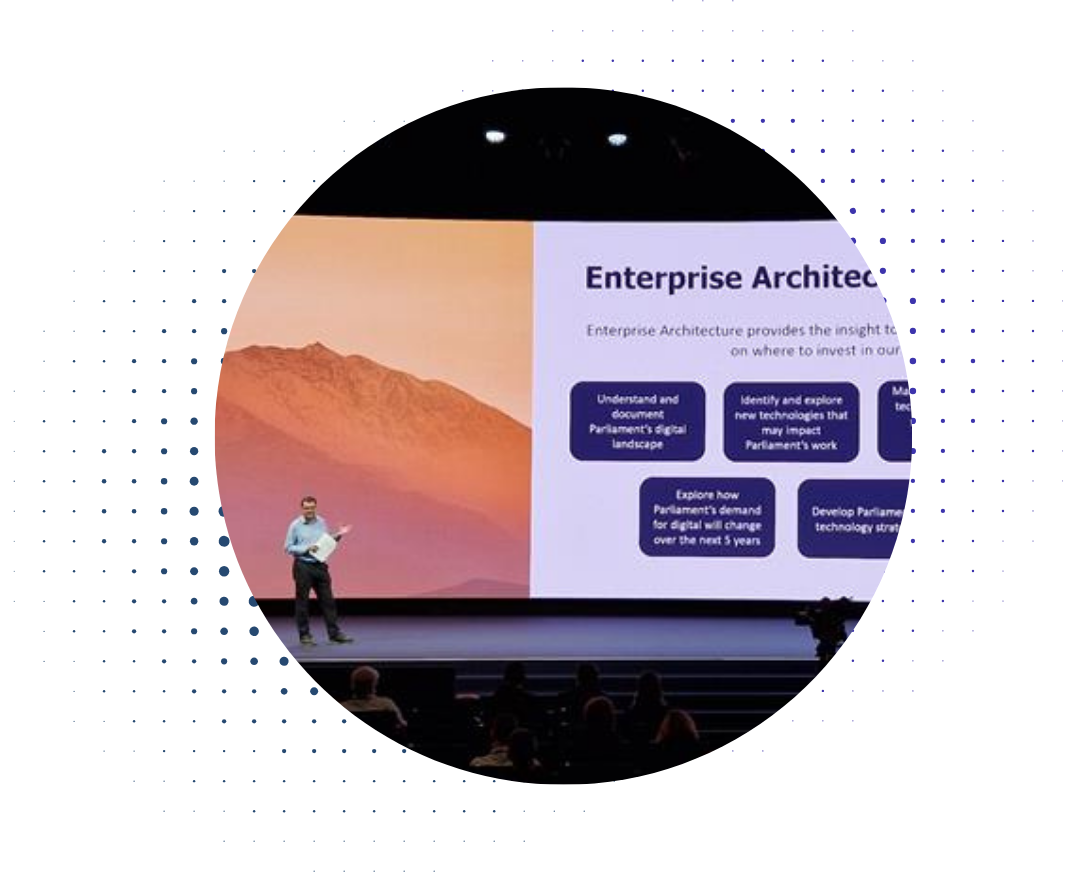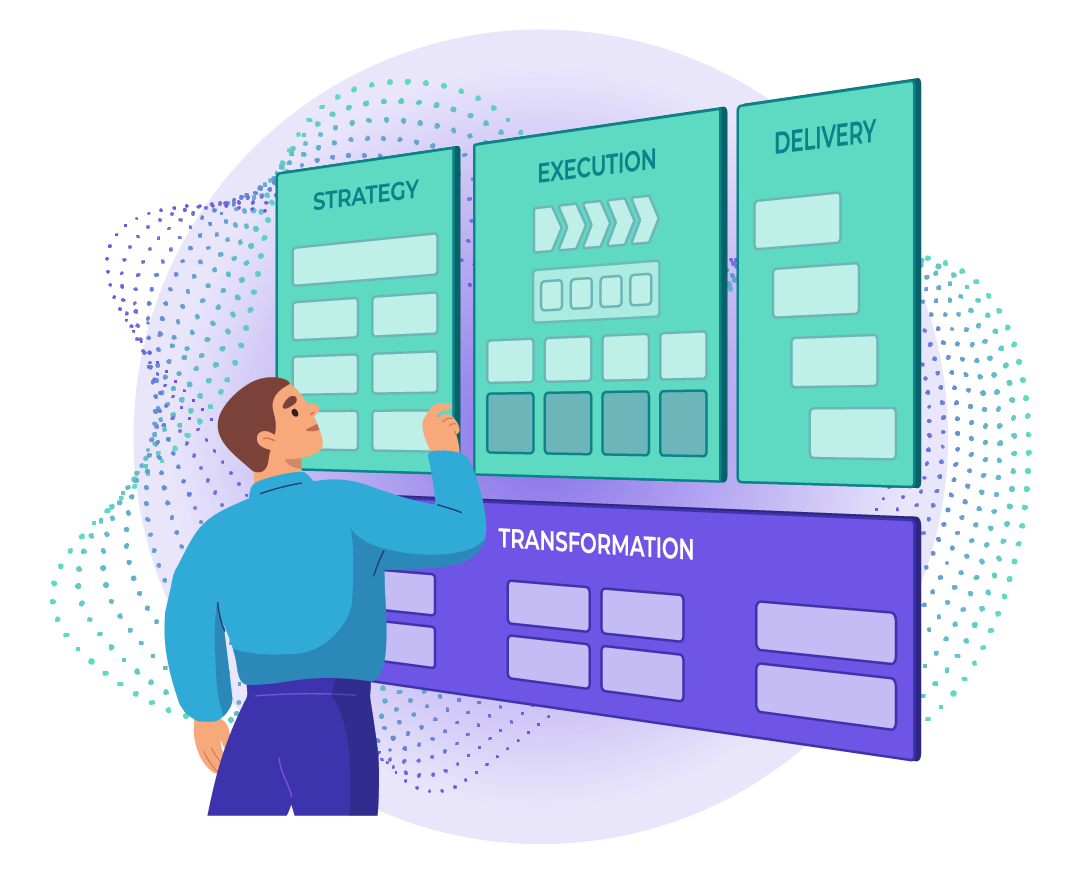Effective process improvement often starts with gaining a sound understanding of the existing ('as is') process. To do this, we can use a number elicitation techniques, including interviews, workshops, document analysis, and many others. A common challenge that we will face when assessing the current state is to determine how the process really works. Whilst interviews and workshops will uncover extremely useful insight, there is always a danger that we will inadvertently miss important parts of the process, such as how certain types of exceptions are handled, or even how more routine parts of the process operate.
The challenge we face is twofold. Firstly, without a detailed knowledge of the business area in question, it is often difficult to know precisely what questions to ask to elicit the most useful information. Over time, most analysts become adept at interviewing stakeholders and develop a strong 'gut feeling' for where particular areas may benefit from further investigation. Secondly, even with the most skilled analyst, there is another danger that is lying in wait—that of tacit knowledge.
'Tacit knowledge' includes information that is so routine (and perhaps seemingly 'obvious') that people don't think to mention it. Imagine being in a meeting room with a colleague who has never used a computer before, and explaining to them how to login. You might describe entering the username, typing in a password and so on. However, you probably wouldn't mention the need to switch the computer on (and even if you did, you might forget to mention switching the monitor on!). These things are so routine—to someone that uses computers regularly—that we do them automatically and they evade our conscious memory. Exactly the same is true of our stakeholders who may have been working on the same set of tasks and processes for many years, and may have an intuitive sense of how the work is undertaken. They may forget to mention important steps because they have become second nature.
Tapping into tacit knowledge is crucial if we are to gain a rich and complete understanding of the current situation. It is worth using a range of elicitation techniques, depending on the context, to ensure that we gain a broad and holistic picture. Relevant tips include:
- Study how the process is supposed to work: Background reading can be useful, particularly if there are existing process artifacts available. Even if the process has never been formally documented, there may be help-guides or training manuals, and these will give a useful indication of how the work is undertaken. However, care must be taken as they may be out of date, and there may be undocumented changes or workarounds.
- Ask broad (as well as probing) questions: Speak to a range of stakeholders and ask both broad ("Can you help me understand why this step is taken...") as well as specific and probing ("Does the work pass between departments X and Y at that point") questions. Always expect the unexpected, and vary elicitation techniques accordingly.
- See it with your own eyes: Observation can prove extremely valuable, as it allows us to see how the work is undertaken. Providing we see a representative sample of the work, we will start to appreciate any workarounds that have been implemented, as well as any exceptions.
- Model Scenarios Working with stakeholders to create detailed scenarios will help. Scenarios can detail both the 'main success scenario' (otherwise known as the 'happy path') as well as any exception or extension points. Once each step on the 'happy path' has been understood and documented, we can work with our stakeholders to ensure we have captured any variations, and that any underlying logic or business rules are also captured.
- Shared Notation and Repository: As we start to assemble process models, it is crucial to ensure that a shared notation is used that all stakeholders understand. Having a common repository (where different 'views' of the same process can be created to show different stakeholders) will yield significant benefits.
Our specific approach will depend very much on the type of process and organizational context, but it is crucial that we consider how we will tap into tacit knowledge. In doing so, we ensure that our stakeholders base process improvement decisions on a thorough understanding of the existing situation, and we help to ensure that they will achieve the outcomes that they desire.




.png)


